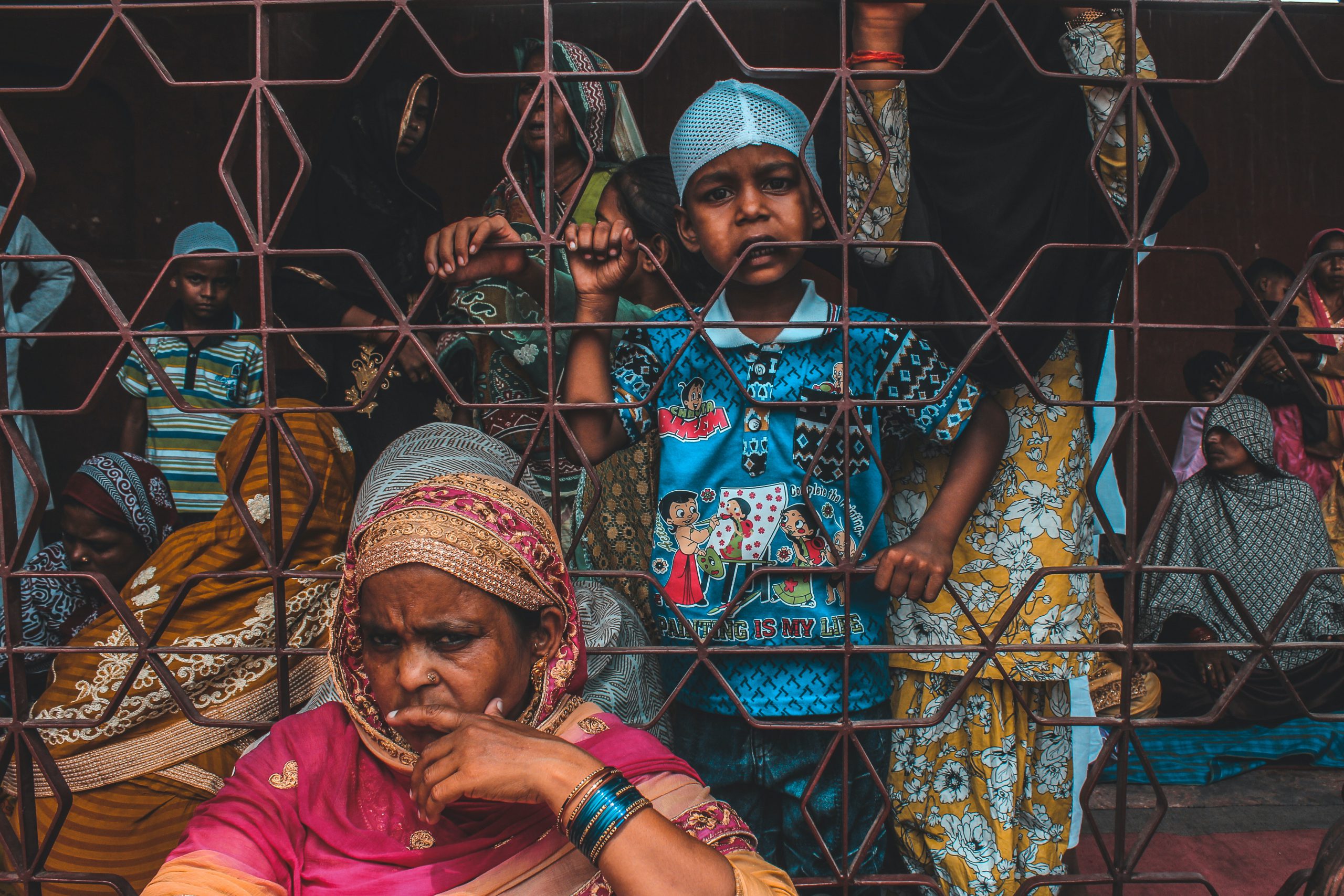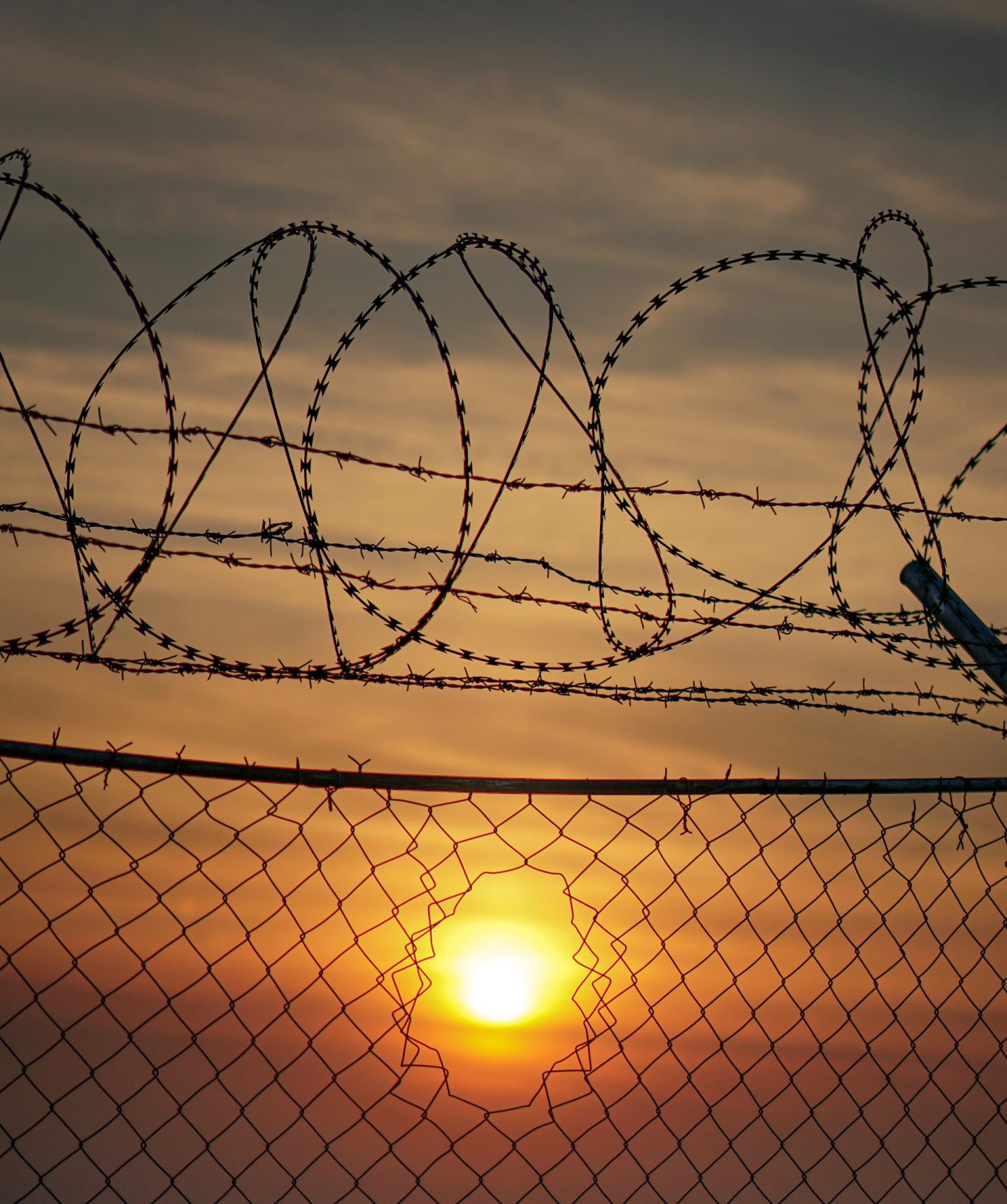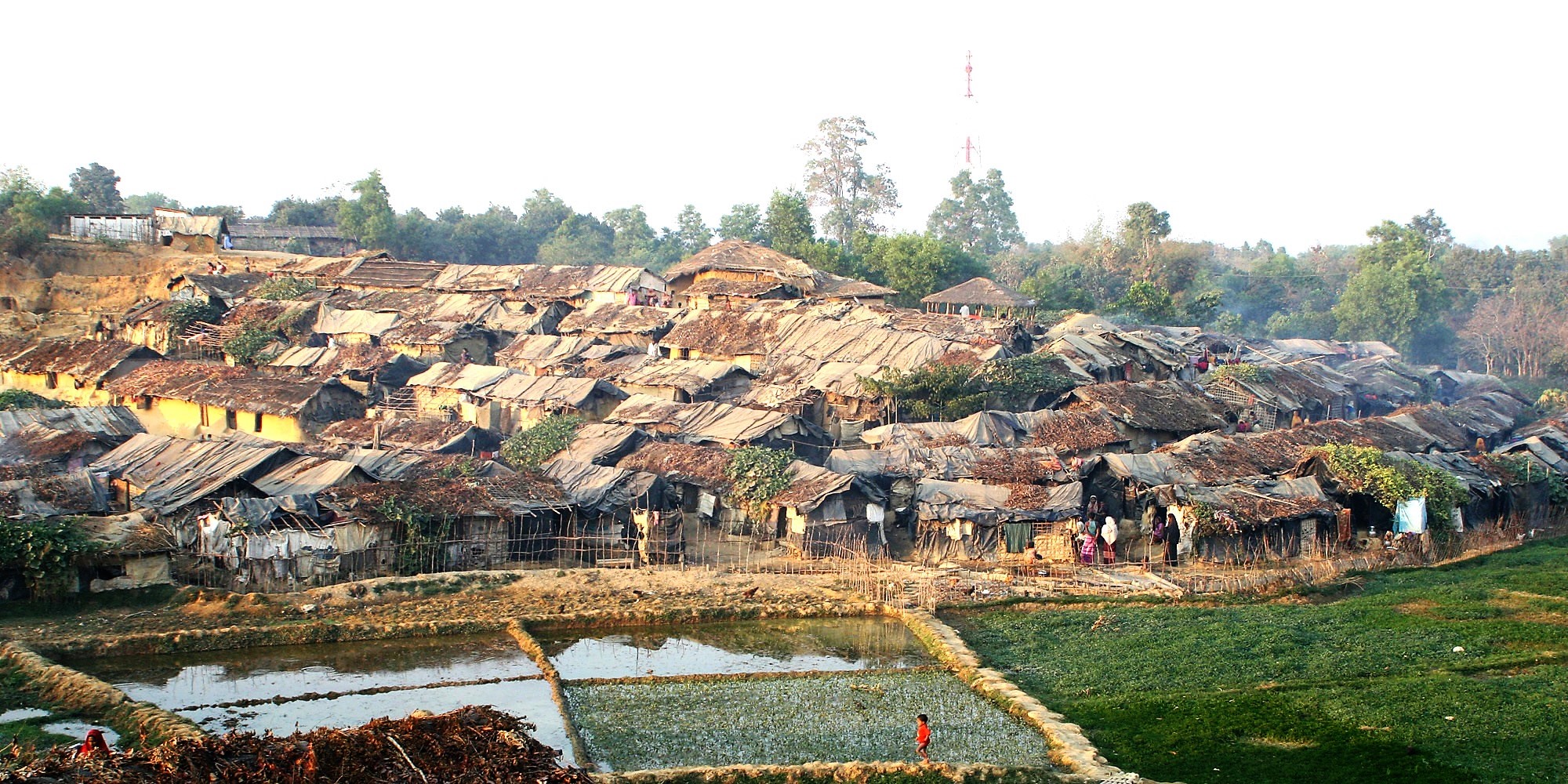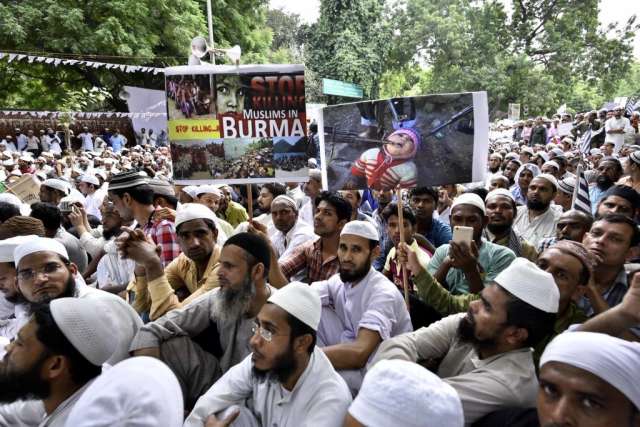The 175th Law Commission’s Report on illegal immigration – Part II

As the author pointed out in the previous piece, the magnitude of illegal immigration in India has been highlighted by various governmental and non-governmental bodies from time to time but a very few attempts have been made at balancing all the concerns and thereafter proposing measures in favour of national interest. Shri Sanjeev Tripathi, former head of the Indian government’s Research and Analysis Wing (RAW) rightly observed in his paper on illegal immigration from Bangladesh – “that these draft laws (on asylum) seem to have been formulated from an activist’s point of view, where the focus is more on the rights and privileges of refugees and asylum seekers than on a country’s national security or the interests of local populations”.
The 175th Law Commission of India’s report published in 2000 was however, different in its approach as it made recommendations which while focusing on national security, ensured that principles of natural justice are also honoured. The Commission headed by Justice BP Jeevan Reddy proposed a set of amendments to the Foreigners Act 1946 in the form of the Foreigners (Amendment) Bill 2000, despite there being a Foreigners (Amendment) Bill 1998 pending before the Parliament. The Commission discussed the provisions of the Foreigners (Amendment) Bill, 1998 in detail simultaneously highlighting how the draft law was inadequate at addressing the problem of illegal immigration.
Foreigners (Amendment) Bill, 1998
The Foreigners (Amendment) Bill, 1998 aimed to classify violations of the provisions of the 1946 Act and enhance punishment and fines for the contravention of those provisions. This Bill was referred to a Parliamentary Standing Committee on 30th July 1998 which discussed it in detail on 10th September 1998. The Standing Committee members agreed that a stringent legislation was needed “to curb the menace which had become, over the years, an all India feature”. The members were unanimous that the current law (1946 Act) as well as the draft Bill before them was inadequate in tackling the problem at hand. Some of the members were of the view that identity cards should be issued to citizens so as to easily identify non-citizens especially keeping in view the ethnic and religious similarities which make identification difficult. One of the members even proposed creation of an Indian National Security and Foreign National Detection Force to identify and sternly deal with illegal foreign elements. Following important measures were discussed by the Committee:
(i) that the terms ‘foreigner’ and “citizen” should be precisely defined;
(ii) that summary trial through a reasonable, fair and efficient procedure should be provided wherein the burden of proof would lie on the accused;
(iii) establishment of special courts to try offences under the Act; and
(iv) that all the offences under the Act should be made non-bailable.
The Standing Committee cou1d not however, formulate its recommendations on the Bill as it became defunct on 26th Apri1, 1999 following the dissolution of 12th Lok Sabha.
A new Committee that was constituted on 31st December, 1999 took up the draft Bill for further consideration, pursuant to which the Ministry of Home Affairs (MHA) sought views of the State and UT governments regarding the provisions of the Bill based on their experiences of implementing provisions of the 1946 Act. In response to the questionnaire shared by the MHA, the State governments had suggested measures like: (i) allowing temporary detention of foreigners by immigration authorities pending finalization of their verification (ii) classification of offences and punishments (iii) classifying the acts of giving shelter to illegal migrants or aiding or assisting them in obtaining ration cards, driving licences and citizenship proofs or in any other illegal activity as separate offences (iv) establishing special investigation cells and (v) formation of special courts/tribunals to try offences under the Foreigners Act. Some of the States also proposed that the foreigners caught for violation of the provisions of the 1946 Act or those found entering covertly should not be granted bail in order to prevent them from absconding.
The discussions and recommendations/views of both the Standing Committees were taken into consideration by the Law Commission while drafting the Foreigners (Amendment) Bill 2000.
Law Commission’s Recommendations
Apart from the 1998 Bill, the Law Commission had referred to all the relevant laws in force, the relevant case law, views expressed by the Ministry of Home Affairs, recommendations of the Estimates Committee of the Parliament, 1992 Conference of Chief Ministers and Chief secretaries on illegal migration, 1998 Report of the Governor of Assam on illegal immigration, a (PIL) filed by All India Lawyers’ Forum For Civil Liberties in Supreme Court in February, 1998 (including the status reports filed by the Union of India and Government of West Bengal before the Court), and views of the States and Union Territory Administrations on the Foreigners Act,1946.
This was the elaborate premise that the Law Commission set out in its report before proposing a separate Foreigners Amendment Bill, 2000. Following were its radical proposals that were reflected in the 2000 Bill:
- Definition of important terms such as “illegal entrant”, “foreigner”, “inadmissible class”, “citizen of India” etc be included in the draft Bill.
- The machinery of Chief Immigration Officer and immigration officers to be appointed by the Central Government, functioning at grass root level to determine whether a person is an illegal entrant or not.
- An Immigration Tribunal to which appeals from the Immigration officers shall lie, manned by a person who is or has been a district judge or an additional district judge. The matters shall be decided by these functionaries according to the principles of natural justice.
- Facilitation centres were proposed for detention of the foreigners pending determination of their status and pending their deportation.
- Speedy trial of offences under the Foreigners Act, 1946 by designating a Sessions Court of a district as the ‘Immigration Court’.
The 175th Law Commission Report therefore, was an extensive study that took into consideration all the issues and all previous efforts made to resolve them, before arriving at recommendations. The proposed Foreigners (Amendment) Bill 2000 that came appended to this Report was a step ahead from the 1998 Bill. In his next piece, the author will discuss whether and how these recommendations and the proposed draft amendment were considered by the Parliament while drafting the final amendment i.e. the Foreigners (Amendment) Act of 2004.







